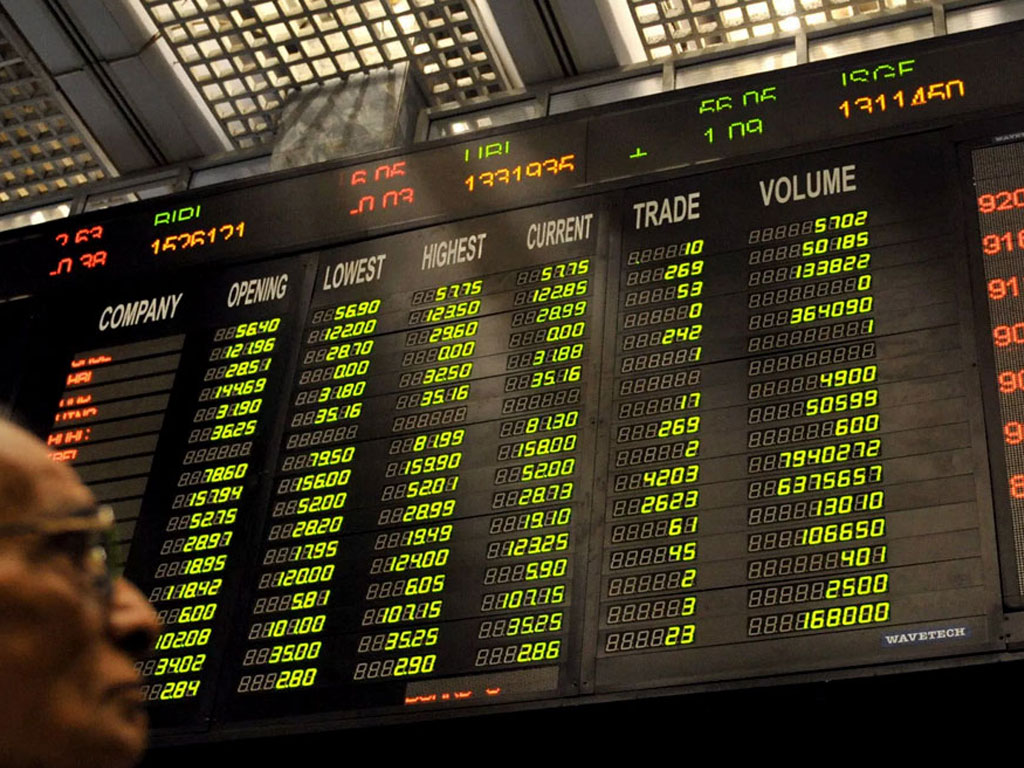'Charter of economy'

The talk about developing a consensus on a 'charter of economy' is getting louder in various circles as no political party finds itself to square up to the myriad problems presently facing the economy single-handedly. Such an approach is sometimes justified in the National Assembly and fragmented voices are also heard from country's business community. They contend that the government should provide an enabling environment to make this a success as inflation is taking its toll on the poor and middle class who deserve some respite. The problems of exchange rate erosion, increasing prices of energy, a largely bearish stock market and differences on budget should be taken seriously. Despite its best efforts, the government has failed to provide any relief to the masses while the opposition is cashing in on the situation without focusing on the resolution of problems.
In order to resolve these issues, the government should form a high-level committee encompassing all the political parties which would try to salvage the economy. Mian Zahid Hussain feels that an agreement on economic issues is not difficult when all the political parties have a general consensus on defence, foreign policy and terrorism. The committee should be above political considerations and political parties can join hands to improve the economy for the sake of the country. Foreign loans will never help the country as these can provide only temporary relief. Otherwise, borrowings worth $100 billion would have made Pakistan a developed nation. Echoing almost similar sentiments, Chief of the Army Staff General Qamar Bajwa said at a seminar in Islamabad on 28th June that Pakistan is going through a very difficult situation due mainly to fiscal mismanagement and all of us are required to fulfil our responsibilities so that difficult initiatives taken by the present government may succeed. "We are going through a difficult economic situation due to fiscal mismanagement. We have been shying of taking difficult decisions," the Army Chief added. The leader of opposition parties in the National Assembly had also talked about a "meesaq-i-maishat [charter of economy]" a few days ago.
It is quite apparent that forging of a consensus on main economic issues was never as compelling in our country's history as it is at this time. Almost all the indicators of the economy exhibit a vast deterioration and if this is not reversed or at least stemmed, the country could face the prospects of bankruptcy with all its negative consequences and the lives of ordinary people could be much more miserable than at present. Already, the growth rate of the economy has nosedived, fiscal and current account deficits are at an unsustainable level, inflation is nearly in double digits, poverty is deepening, unemployment is increasing and there is no hope of a better future because of uncertainty in policies, dismal saving and investment rates and the continued high increase in the rate of population growth. The PTI government seems to be trying its level best to counter highly negative trends by adopting austerity and depreciating the Pak rupee to gain competitiveness in the international market, borrowing from friendly countries, curbing corruption and streamlining the official business to ensure ease of doing business. A harsh Federal Budget for FY20 and negotiation of a challenging programme with the IMF are also signs that the government means business and is not afraid of taking tough decisions necessary for the stabilisation and recovery of the economy.
However, all its efforts could be frustrated by a determined opposition within the parliament and outside, by playing on the difficulty and misery of the poor strata of society. As the developments over the past few months indicate, their way is clear as they can exploit some highly negative developments such as recent rise in prices, a reduction in subsidies, the sharp increase in the energy prices debasement of the local currency and rising unemployment which are usually concomitant of a stabilisation process. Such an ugly situation could probably be averted by chalking out a 'charter of economy' to improve the fundamentals of the economy but whether the opposition parties would agree to such a proposition and the government could really be able to deliver in such a situation are difficult questions to answer. In our view, various political parties are distinguished by differences in their economic manifestoes and a common platform is difficult to visualize at the moment. However, there could be a convergence of views between them on a common minimum programme for the economy. Of course, the main issues of the economy together with the urgency to resolve them is not a brain-teaser but the real problem could be the ways through which these problems could be resolved. For instance, high fiscal deficits could be brought down by a number of measures and every political party should have the right to preach its own way to the public. In a situation like this, the opposition parties need to be convinced that the country and its people have been living beyond their means for a long time and this is payback time. As such, they should not unnecessarily criticise the present government, but help keep the political temperature down. After all, the problems which have been endemic over the past few decades constitute a challenge that cannot be overcome easily. We feel that the task of the present government has become somewhat easier by the endorsement of fiscal policies by the Chief of Army Staff who is also one of the members of the National Development Council (NDC). This prime minister-led body has been set up to formulate policies and strategies for development activities aimed at accelerating economic growth.






















Comments
Comments are closed.